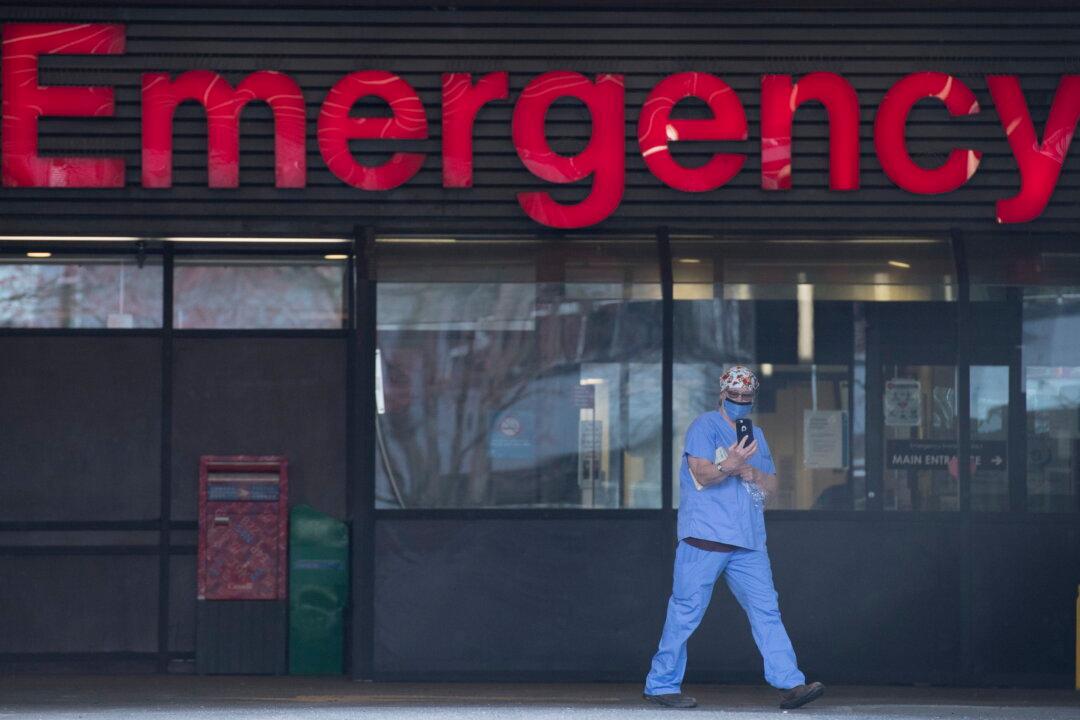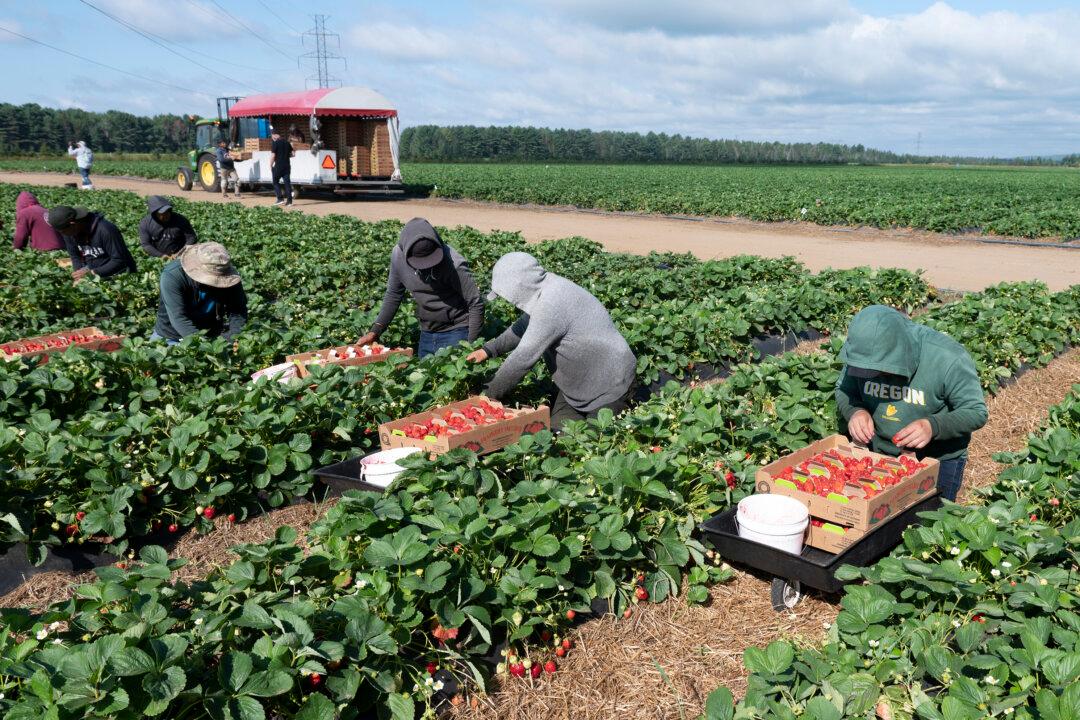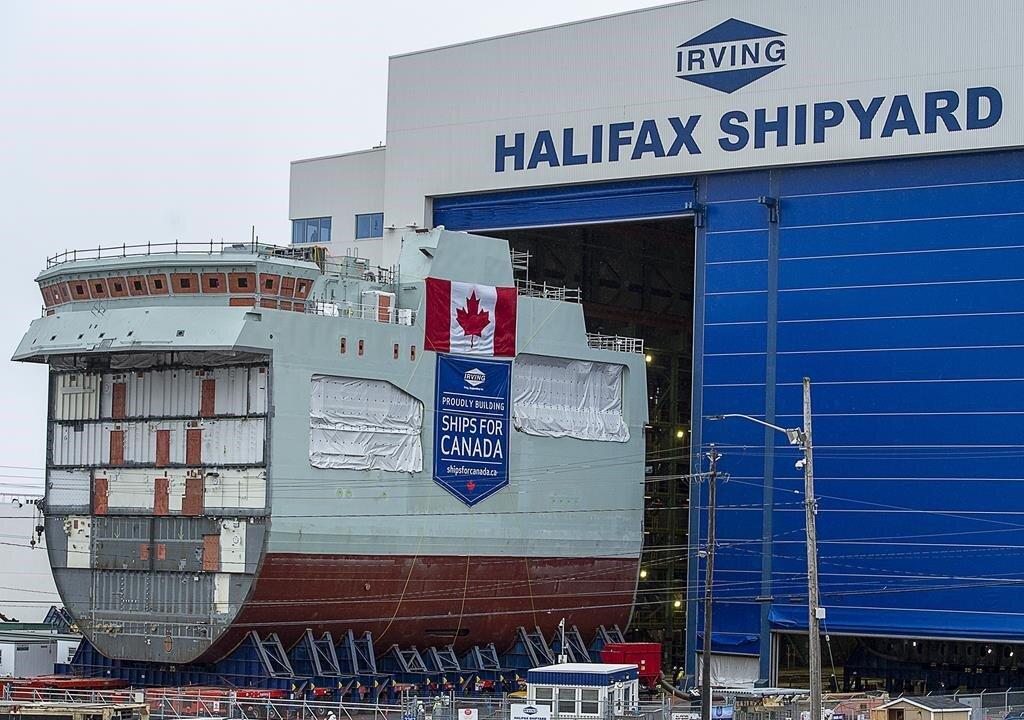Campground trailer residents have asked the Halifax Regional Municipality if they will keep urban campgrounds open over the winter season because residents have nowhere else to go.
Time is short as the cold season approaches and residents who have been using Shubie Campground are asking the city to keep campgrounds open throughout the winter so they'll have somewhere to park their RVs. Shubie is the only fully serviced campground within city limits.





